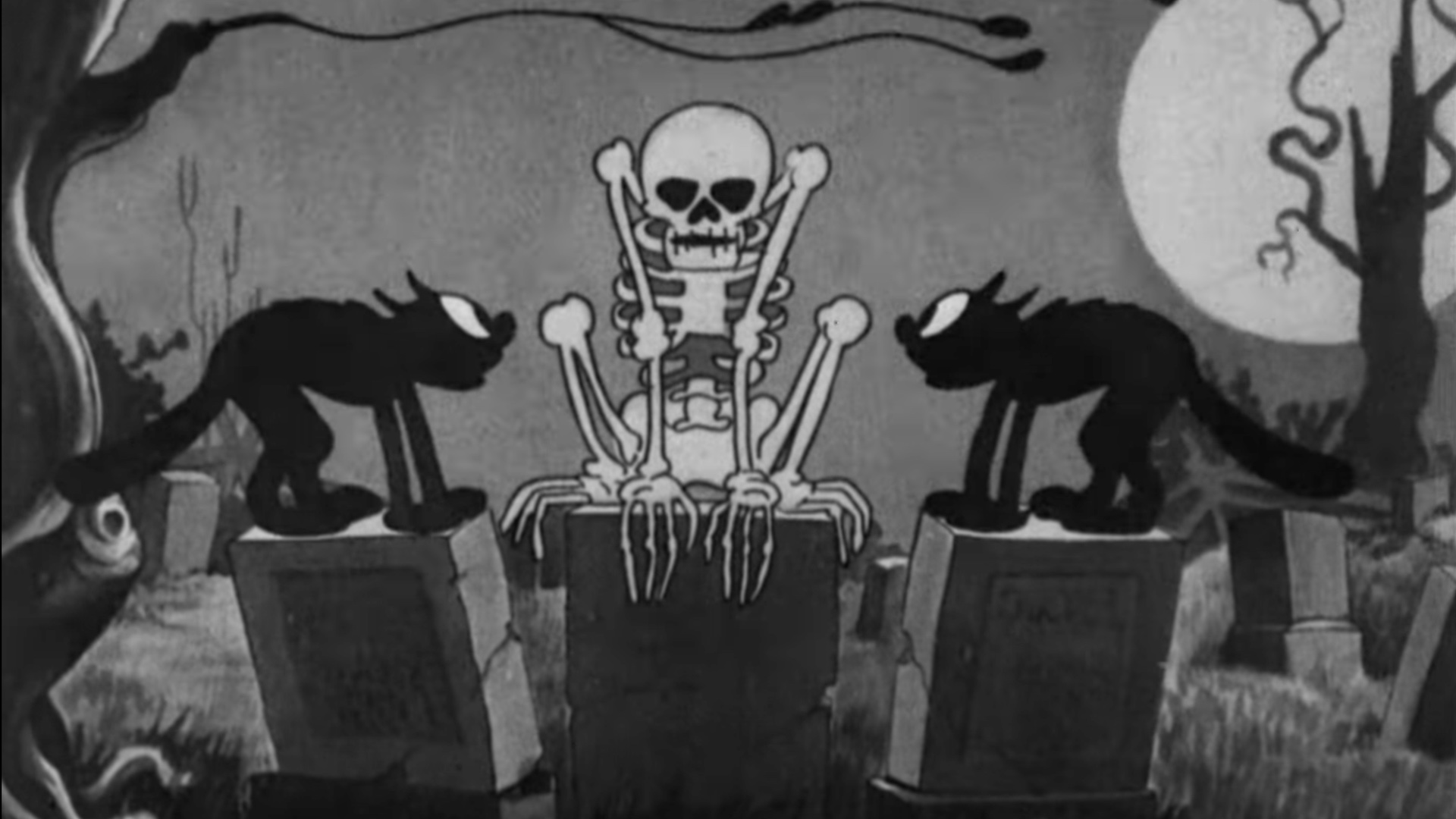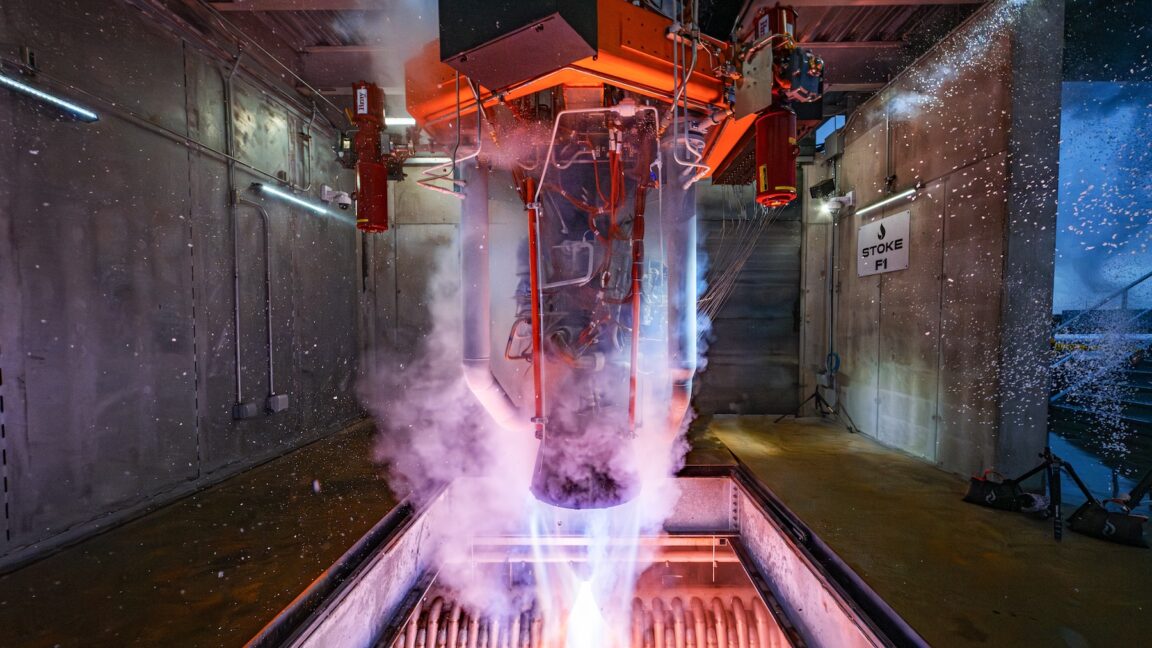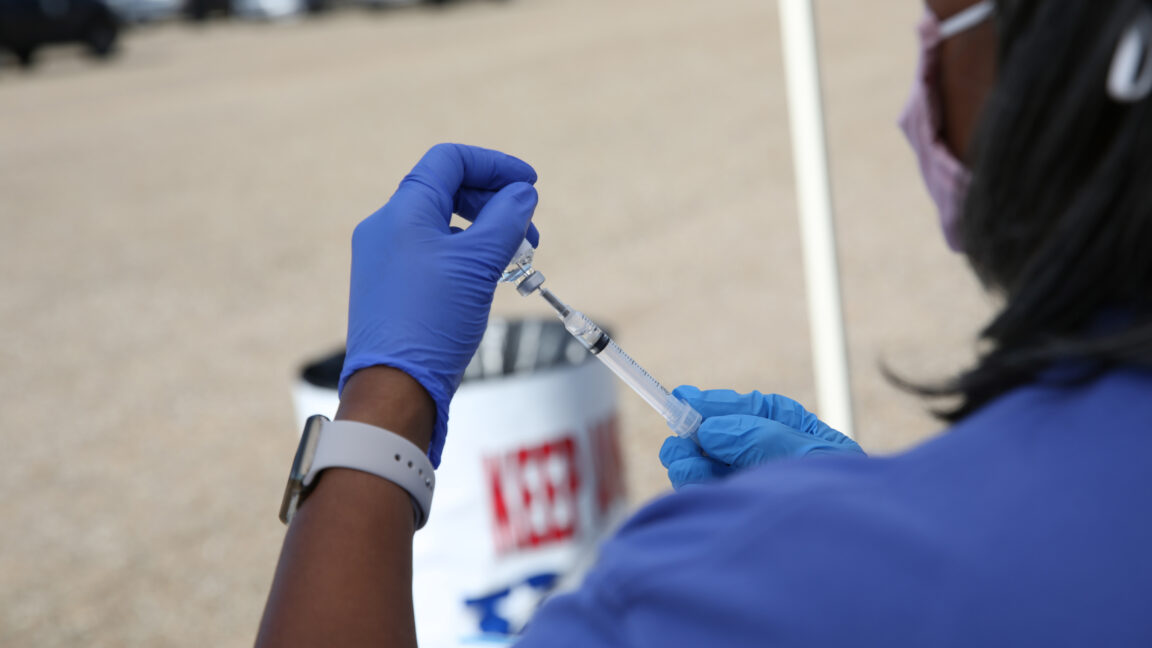Coffee May Reduce Risk of Some Cancers

Drinking coffee and tea might reduce the risk of developing head and neck cancers, including cancers of the mouth and throat, according to recent research. Scientists at the University of Utah's Huntsman Cancer Institute analyzed the results of 14 studies by scientists all over the world associated with the International Head and Neck Cancer Epidemiology consortium. In total, their analysis included information from nearly 10,000 patients with head and neck cancers, and nearly 16,000 controls who did not have the disease. Participants completed questionnaires about how much caffeinated coffee, decaffeinated coffee and tea they drank per day, week, month and year, prior to their diagnosis. Head and neck cancers are the seventh most common form of the disease worldwide.

The study found that individuals who drank more than four cups of caffeinated coffee per day were 17 percent less likely to develop head and neck cancer overall. These people were also 30 percent less likely to have mouth cancer and 22 percent less likely to have throat cancer. Drinking three or four cups of caffeinated coffee per day was linked with a 41 percent lower risk of developing a type of throat cancer called hypopharyngeal cancer, affecting the bottom of the throat. But it was not just caffeinated coffee that seemed to have an effect. Drinking decaffeinated coffee was associated with 25 percent lower odds of mouth cancer. Participants who drank tea were 29 percent less likely to develop hypopharyngeal cancer. Even drinking a very small amount of tea—one cup or less per day—was linked with a 9 percent lower risk of head and neck cancers overall, and a 27 percent lower risk of hypopharyngeal cancer. However, drinking more than one cup of tea per day was associated with a higher risk of laryngeal cancer, which affects the voice box, by 38 percent. "While there has been prior research on coffee and tea consumption and reduced risk of cancer, this study highlighted their varying effects with different subsites of head and neck cancer, including the observation that even decaffeinated coffee had some positive impact," said senior author Yuan-Chin Amy Lee, an adjunct associate professor of public health at the University of Utah, in a statement. "Coffee and tea habits are fairly complex, and these findings support the need for more data and further studies around the impact that coffee and tea can have on reducing cancer risk." This meta-analysis was based on epidemiology, which means scientists only observed correlations between coffee and tea drinking and certain cancers. This means that this study does not necessarily prove that drinking coffee or tea was the reason for the lower risk of these cancers. However, cancer risk might be influenced by a number of compounds which can be found in coffee and tea, such as caffeine, polyphenols, phenolic acid, and more—which might have antioxidant, anti-inflammatory or anti-cancer properties.Do you have a tip on a food story that Newsweek should be covering? Is there a nutrition concern that's worrying you? Let us know via science@newsweek.com. We can ask experts for advice, and your story could be featured in Newsweek.
Reference
Nguyen, T., Koric, A., Chang, C.P.E., Barul, C., Radoi, L., Serraino, D., Purdue, M. P., Kelsey, K. T., McClean, M. D., Negri, E., Edefonti, V., Moysich, K., Zhang, Z. F., Morgenstern, H., Levi, F., Vaughan, T. L., La Vecchia, C., Garavello, W., Hayes, R. B., Benhamou, S., Schantz, S. P., Yu, G. P., Brenner, H., Chuang, S. C., Boffetta, P., Hashibe, M., Lee, Y.C.A. (2024). Coffee and tea consumption and the risk of head and neck cancer: An updated pooled analysis in the International Head and Neck Cancer Epidemiology Consortium, Cancer. https://doi.org/10.1002/cncr.35620









